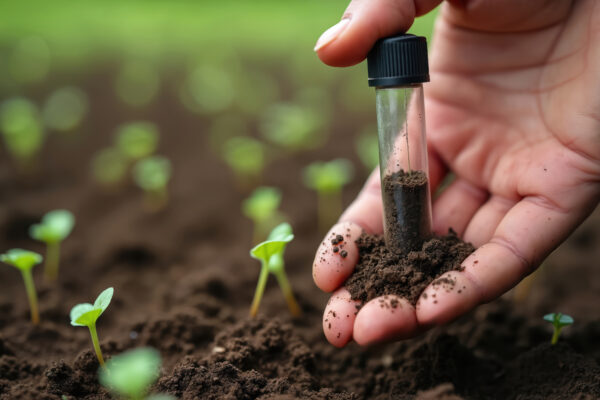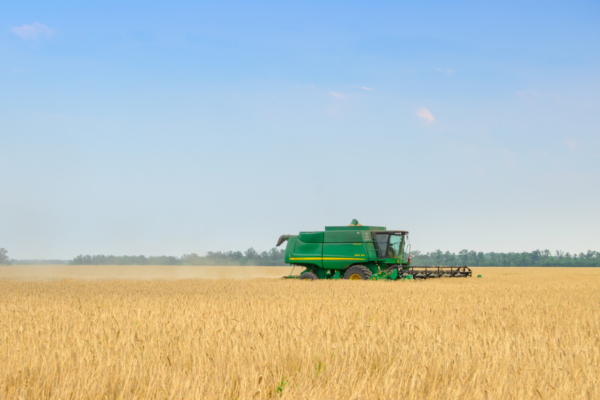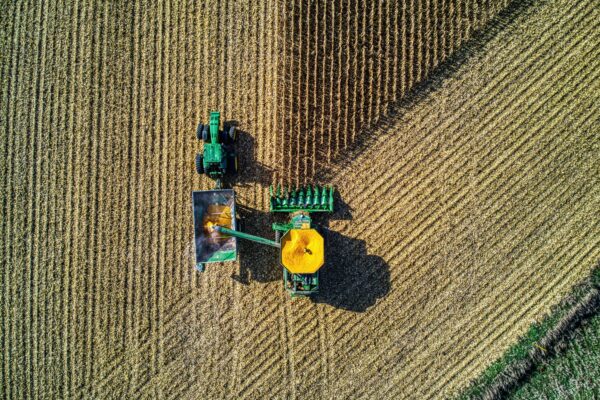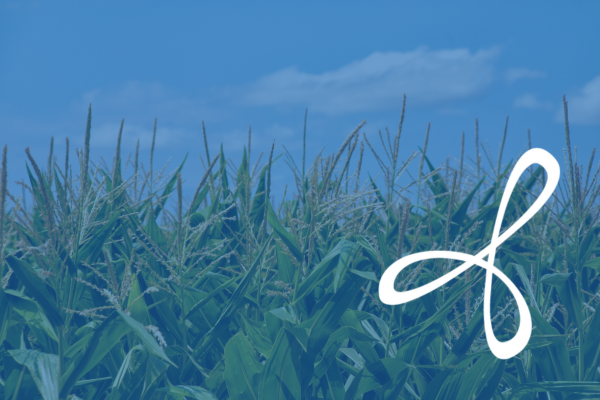How to meet the detailed compliance requirements to claim the 45Z Clean Fuel Production Tax Credit. Kari Buttenhoff, Partner and Danielle ... Continue Reading
Ethanol
Christianson CPAs and Consultants to Speak at the 2025 Fuel Ethanol Workshop & Expo
We are thrilled to announce that several of our knowledgeable staff at Christianson CPAs and Consultants have been selected to speak at the 2025 ... Continue Reading
Maximizing Your Benefits with 45Z Verification Services
Navigating the complexities of State and Federal programs can be challenging, but we're here to support you and your team every step of the way. Our ... Continue Reading
Details on OAL’s Denial of CARB Amendments to the LCFS
The Office of Administrative Law (OAL) has released its rationale for last week’s decision to disapprove the proposed amendments to California's Low ... Continue Reading
Free Download: How Farmers Can Use Climate-Smart Agriculture Requirements for Fuel Tax Credits
At Christianson, we’ve long partnered with participating U.S. biofuel producers in low-carbon programs like the Renewable Fuel Standard (RFS) and ... Continue Reading
Ask the Experts: the Pre-Election Tax Landscape
Current State of Federal Tax Provisions Several key federal tax provisions, initially introduced by the Tax Cuts and Jobs Act (TCJA), are set to ... Continue Reading













